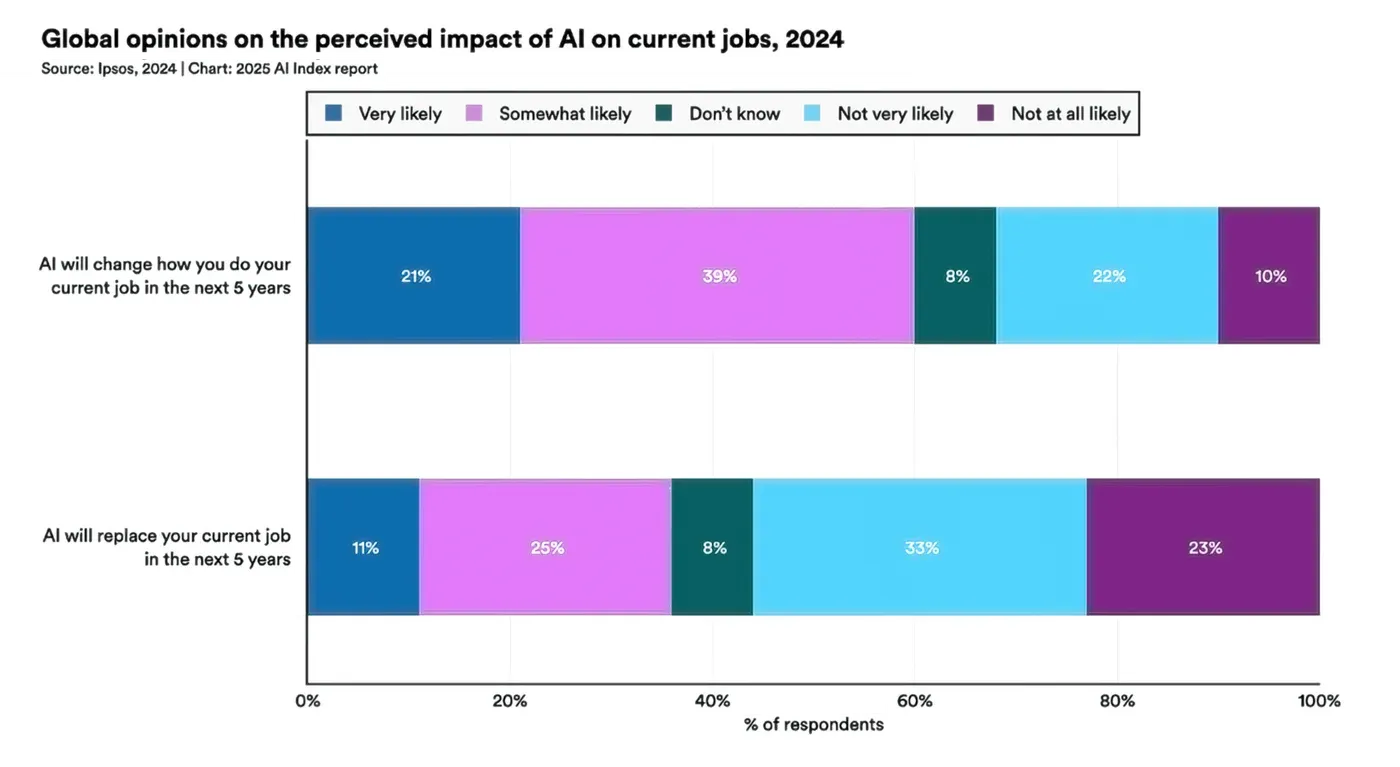AI in the newsroom, some viewpoints
AI should be considered a hand, not a brain.
That's from Susie Cagle, a writer and artist for ProPublica, The Guardian, Wired, and The Nation. It's part of CJR's collected viewpoints piece, How We're Using AI, with "we're" referring to reporters, editors, and media executives.
Sidenote: A hand, not a brain. I've been mulling over my use of GenAI. As a hand, it extends what I'm capable of. As a hand, I still get to decide and not have my vision dimmed.
There's an important bit about the modern newsroom, as depicted by Claire Leibowicz, Head of the AI and Media Integrity Program at the nonprofit Partnership on AI:
Newsrooms are simultaneously preparing for threats (e.g., by cryptographically certifying their media to assert its authenticity) and embracing AI as a way to reduce costs, tell stories, and even build trust with audiences and reimagine the news. Sometimes this embrace seems pragmatic, evidence-based, and even revolutionary. At others, it seems like an overeager corrective to a collective sense that newsrooms missed the social media moment—an impulsive fix for the industry’s business-model woes.
Those threats are real, with grave consequences. Among those cited are plagiarism, layoffs, dulling of skill sets, environmental costs, AI slop, and homogenization of global news. No wonder why we'll continue to worry about GenAI even as newsrooms find LLMs useful for transcription, language translation, and even for finding "needles of corruption in the haystacks of data produced by political campaigns."
